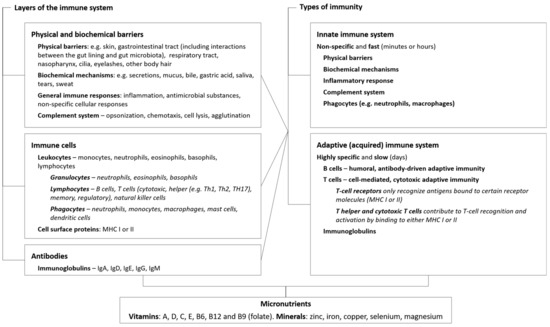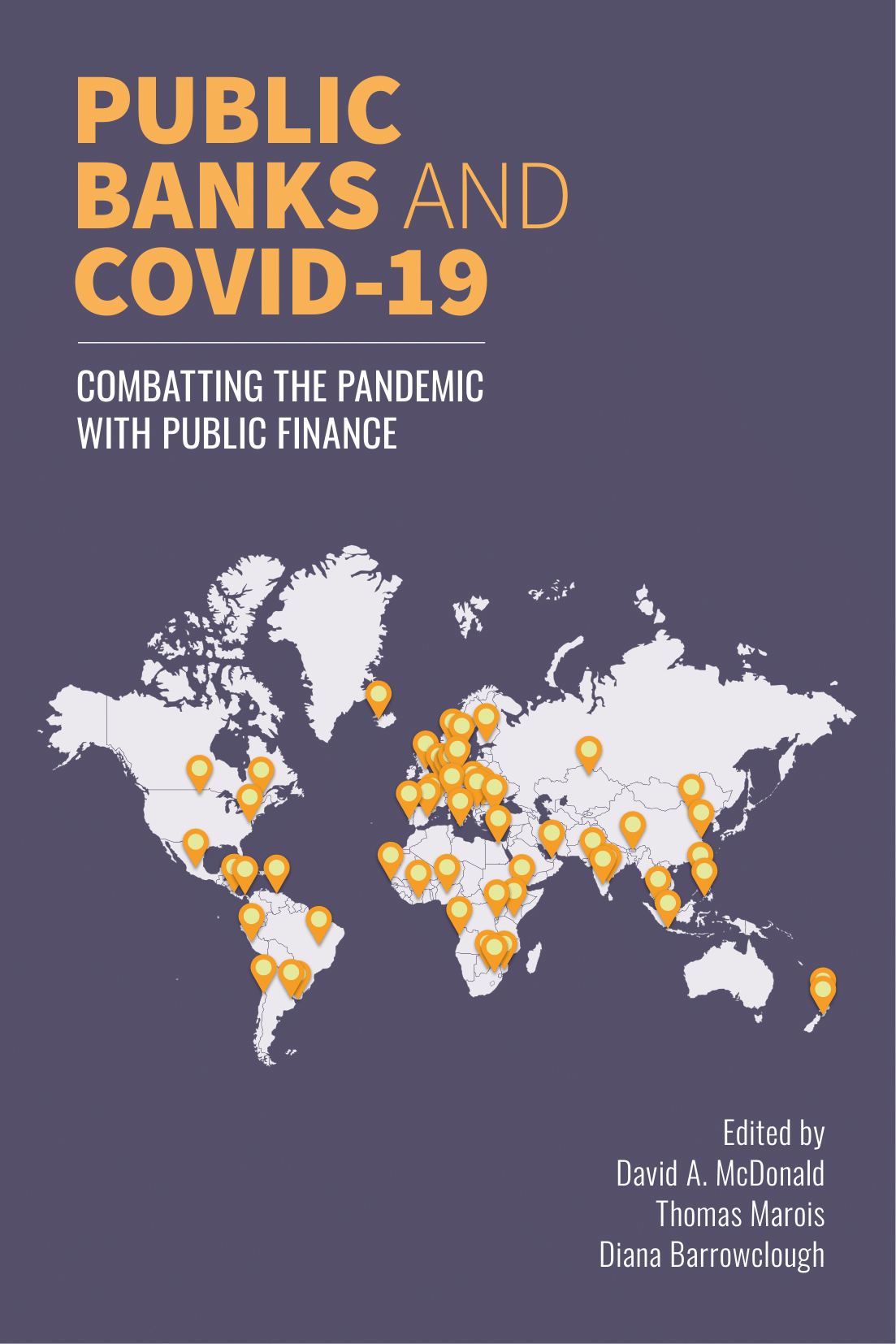

There are very few global estimates of ecosystem services from wetlands 30, 31, and none are based on process-based hydrodynamic flood models.

Estimates of flood protection benefits have been traditionally limited to local 27, 28 and national 29 scale analysis. The economic value of mangroves for services that rely on conserving them, such as flood protection, is typically not included within national budgets and wealth accounts 26 in contrast to other services such as timber production. Quantifying the value of mangroves as natural coastal defenses is crucial for incentivizing their conservation and restoration for the benefit of nature and people 25. The loss of these habitats can contribute to increasing coastal risk 22, particularly in developed areas with great exposure of coastal populations 23, 24. Most of this loss has happened through the conversion for aquaculture or agriculture and coastal development 21. Yet, mangroves have experienced significant losses over the last decades, declining globally from 139,777 km 2 in 2000 to 131,931 km 2 in 2014 20, with even greater losses before 2000. Mangroves can also provide adaptive defenses as they can, under the right conditions, keep pace with sea-level-rise through vertical accretion 17, 18, 19. Previous studies have shown that mangroves can reduce up to 66% of wave energy in the first 100 m of forest width 15, 16. Roots, trunk and canopy dissipates storm surge 14 and waves 15. The aerial roots of a mangroves forest retain sediments, stabilizing the soil of intertidal areas and reducing erosion 13. These benefits are provided through bottom friction, the cross-shore width of forests, tree density and shape. In many tropical and subtropical regions mangroves reduce waves and storm surges, and serve as a first line of defense against flooding and erosion. However, development choices often neglect flood risks 3, 9, 10 and there is growing pressure to adopt flood mitigation and adaptation strategies to reduce these impacts and economic losses 9, 11, 12. In 2017 alone, overall storm damages were more than $US 170 billion in the North Atlantic 8.

These results demonstrate the value of mangroves as natural coastal defenses at global, national and local scales, which can inform incentives for mangrove conservation and restoration in development, climate adaptation, disaster risk reduction and insurance.Ĭoastal flooding impacts are increasing due to coastal development, population growth 1, climate change 2, 3, and habitat loss 4, 5, 6, 7. Many (>45) 20-km coastal stretches particularly those near cities receive more than $US 250 million annually in flood protection benefits from mangroves. Vietnam, India and Bangladesh receive the greatest benefits in terms of people protected. Some of the nations that receive the greatest economic benefits include the USA, China, India and Mexico. If mangroves were lost, 15 million more people would be flooded annually across the world. We couple spatially-explicit 2-D hydrodynamic analyses with economic models, and find that mangroves provide flood protection benefits exceeding $US 65 billion per year. We develop a probabilistic, process-based valuation of the effects of mangroves on averting damages to people and property. We provide high resolution estimates of the economic value of mangroves forests for flood risk reduction every 20 km worldwide. Key areas of analysis include risk and the environment, lifestyles and risk, public perceptions, media representations of danger and the changing nature of political engagement.Coastal flood risks are rising rapidly. Gabe Mythen provides both an introduction to and a critique of Beck's work that places his contribution within the context of other theorists of risk, such as Giddens, Douglas and Foucault. Despite its continued popularity as a touchstone for debate, the risk society perspective is yet to be systematically unravelled. The risk society thesis has gained credence within the academic community and across the disciplines as a means of explaining the large-scale changes that have enveloped contemporary society. Since this time, Beck's work has had a profound effect on the trajectory of social theory, leading to him being hailed as a zietgeist sociologist.

His principal claim to fame is as author of the widely acclaimed 'Risk Society', first published in 1986. Ulrich Beck has emerged as one of the leading thinkers of the age.


 0 kommentar(er)
0 kommentar(er)
